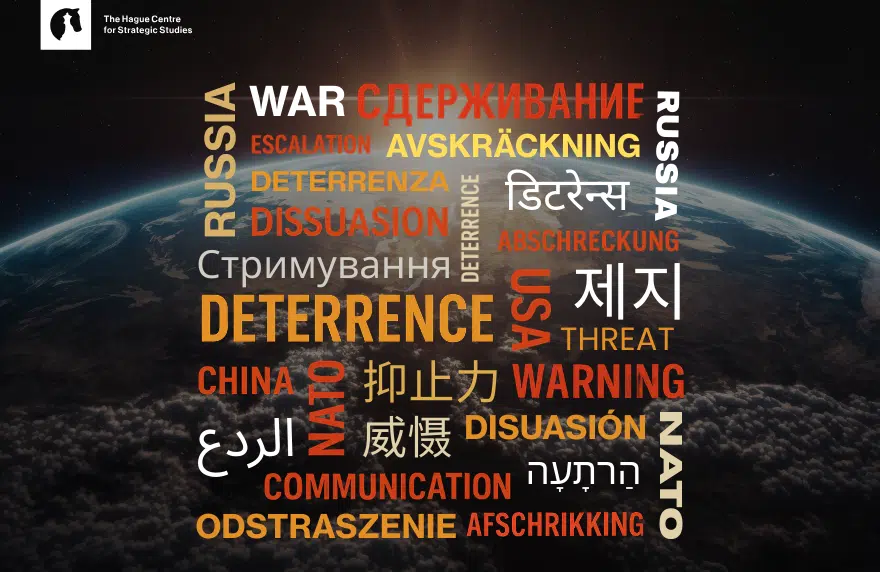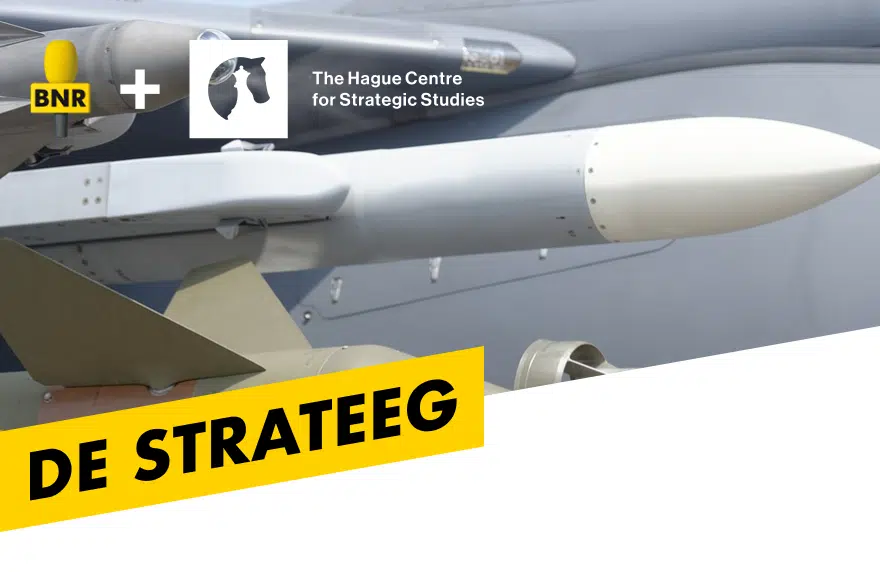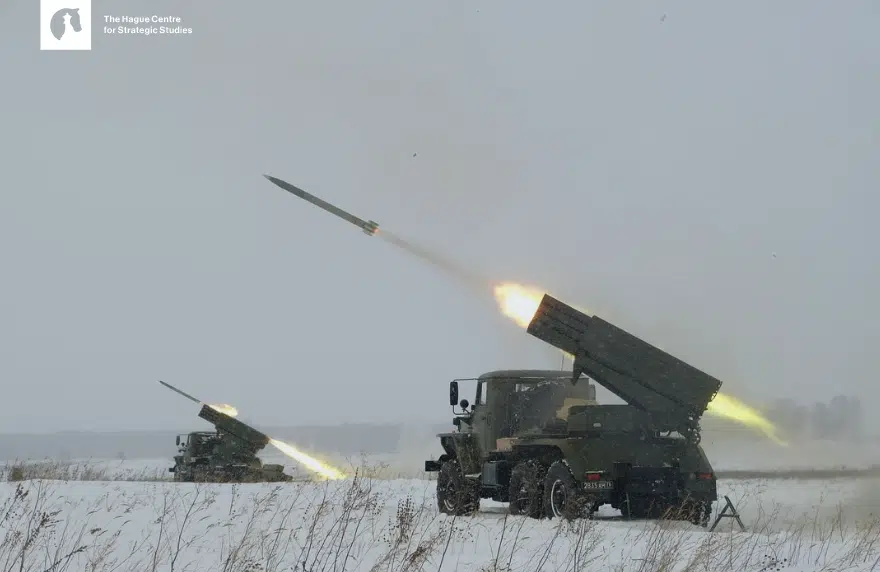Can words prevent war? What if deterrence failures are not only about what is threatened, but how those threats are communicated?
In a new report, HCSS strategic advisor Dr. Jeffrey H. Michaels challenges a key blind spot in deterrence thinking: the underappreciated role of language and communication in shaping strategic outcomes. While deterrence theory often focuses on military capabilities and economic threats, Michaels argues that how threats are communicated can be just as decisive as what is threatened.
Through a deep exploration of high-level political statements—both oral and written—it offers practical insights into the communication side of deterrence, a domain often eclipsed by military posturing and sanctions.
Drawing on over a century of case studies, from World War I to the 2022 Russian invasion of Ukraine, the study examines how states and alliances, including NATO, have used (and misused) deterrent language in crisis situations, showing that poor communication can contribute directly to deterrence failure. It sheds light on internal policy debates, the strategic calculus behind warning formulations, and the political risks of sounding either too threatening or too weak.
In the wake of Russia’s aggression, despite repeated and public warnings from NATO and others, a key question remains: why did deterrence fail? Was the message not strong or credible enough—or simply not delivered effectively?
This report offers lessons for NATO as it confronts three ongoing deterrence challenges: preventing further escalation in Ukraine, deterring future Russian aggression post-ceasefire, and defending NATO’s own territory against potential threats. But beyond the current crisis, the findings are applicable to a wide range of geopolitical flashpoints where words can be weapons—or warnings.
Among the key takeaways:
- Communication is not optional in deterrence—it is foundational;
- The content of a threat matters, but so does clarity, timing, and delivery;
- Deterrence warning messages can succeed or fail based on perception, tone, and credibility—not just substance;
- Multilateral warnings often lose power through diplomatic compromise and vague language;
- Stronger, clearer, and well-timed messages could be the difference between war and peace.
This guide, edited by HCSS research director Tim Sweijs, is essential reading for policymakers, communicators, and security professionals working to improve NATO’s strategic messaging and better understand the power of words in deterrence dynamics. Clear, timely, and credible warning messages can be a cost-effective complement—or even an alternative—to military deterrence.








